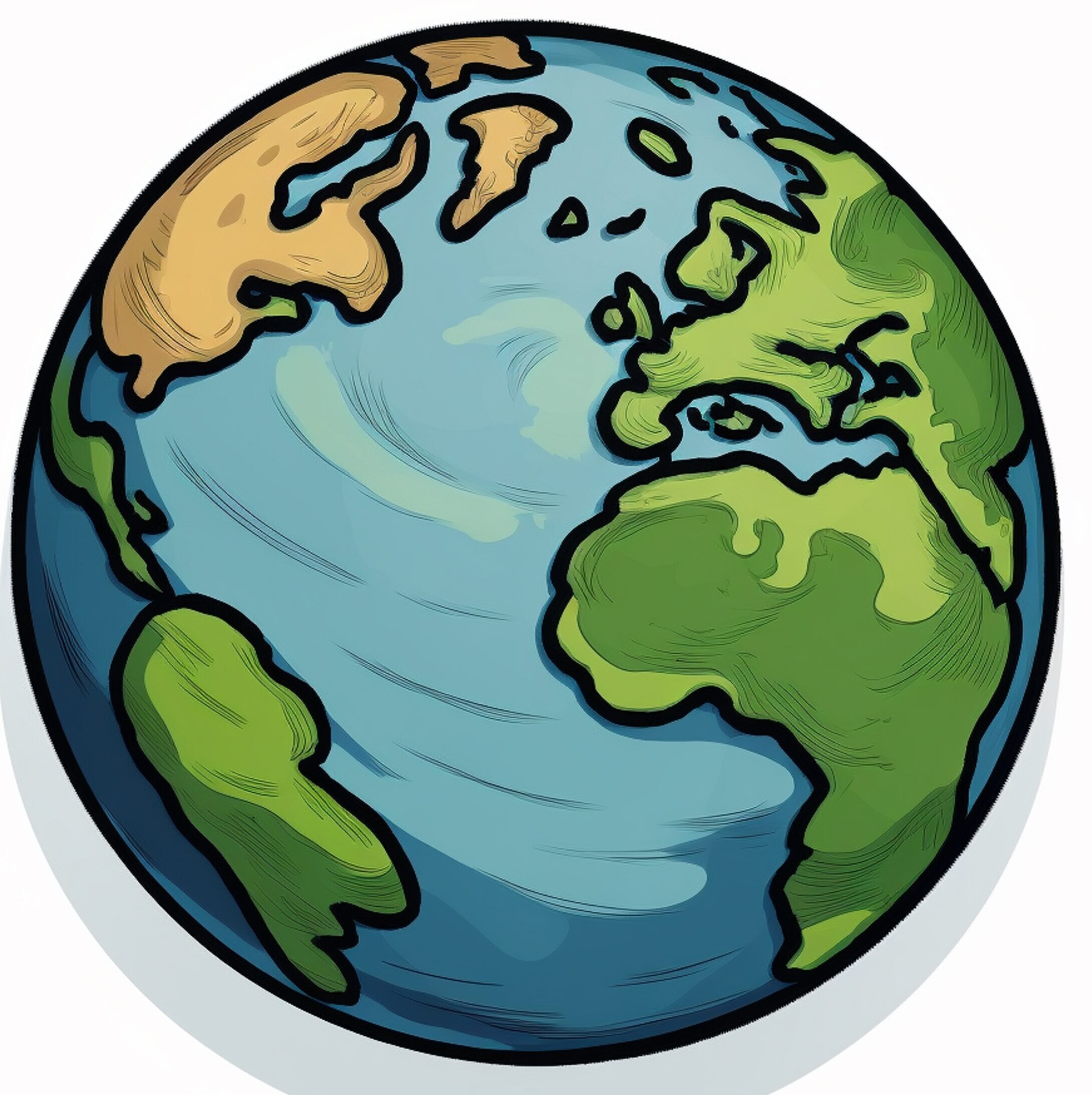Introduction
Biodiversity is the wide range of living organisms found on Earth—animals, plants, fungi, and microorganisms. These life forms interact with each other to create a balanced ecosystem that supports human life. But today, this balance is under serious threat. Human actions have caused a drastic decline in biodiversity, putting the planet’s health—and our future—at risk.
What Exactly is Biodiversity Loss?
Biodiversity loss refers to the disappearance or significant decline of species in a particular environment or across the planet. When species go extinct or their populations drop severely, it disrupts food chains, natural processes, and ecosystems that have taken millions of years to evolve.
Key Drivers Behind Biodiversity Loss
1.Habitat Destruction
When forests are cut down for farming, cities, or industries, countless species lose their homes. Without shelter and food, many of them cannot survive.
2.Climate Change
Rising temperatures, melting ice, changing rainfall patterns, and extreme weather events are pushing many species beyond their ability to adap
3.Pollution
Toxic chemicals, plastic waste, oil spills, and contaminated water sources are killing land and marine life at an alarming rat
4.Overexploitation of Nature
Overfishing, hunting, illegal wildlife trade, and excessive use of natural resources are driving many species toward extinction.
5.Invasive Species
Non-native species introduced by humans often compete with native species for food and space, sometimes wiping them out entirely.
Why Should We Care About Biodiversity?
Ecosystem Support: Each species plays a role in maintaining the health of the environment.
Food and Water Security: Biodiversity helps grow crops, pollinate plants, and purify water.
Medical Resources: Around 50% of modern medicines are derived from natural sources.
Climate Protection: Healthy forests and oceans absorb carbon dioxide, reducing global warming.
The Consequences of Losing Biodiversity
.When biodiversity declines, ecosystems weaken. This can lead to:
.Decreased agricultural productivity
.Increased natural disasters like floods and droughts
.Limited access to clean water and air
.Loss of potential cures for diseases
.Economic losses in tourism, farming, and fisheries
What Can We Do to Protect Biodiversity?
Protect Natural Habitats: Support forest conservation and marine protection.
Use Resources Wisely: Avoid single-use plastics and overconsumption.
Promote Sustainable Agriculture: Buy from eco-conscious farmers and companies.
Spread Awareness: Teach others about the importance of biodiversity.
Support Conservation Programs: Donate or volunteer with organizations working to save wildlife.

